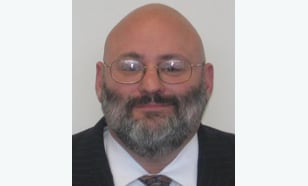Editor’s note: This article is the first in a two-part series.
In Friedman v. Philadelphia Parking Authority, Civ. No. 14-6071 (E.D.PA, March 10, 2016), U.S. District Judge Mark A. Kearney of the Eastern District of Pennsylvania, in an unpublished findings of fact and conclusions of law, carefully parsed through the efforts of the Philadelphia Parking Authority—or, more accurately, the lack thereof—to preserve and produce discovery and found that, despite large and inexplicable errors by the parking authority, there was insufficient evidence to conclude, under the recently amended Rule 37(e) of the Federal Rules of Civil Procedure, that it had intentionally destroyed or withheld discovery, and so refused to grant the plaintiffs’ motion for an adverse inference instruction.
This content has been archived. It is available through our partners, LexisNexis® and Bloomberg Law.
To view this content, please continue to their sites.
Not a Lexis Subscriber?
Subscribe Now
Not a Bloomberg Law Subscriber?
Subscribe Now
LexisNexis® and Bloomberg Law are third party online distributors of the broad collection of current and archived versions of ALM's legal news publications. LexisNexis® and Bloomberg Law customers are able to access and use ALM's content, including content from the National Law Journal, The American Lawyer, Legaltech News, The New York Law Journal, and Corporate Counsel, as well as other sources of legal information.
For questions call 1-877-256-2472 or contact us at [email protected]



